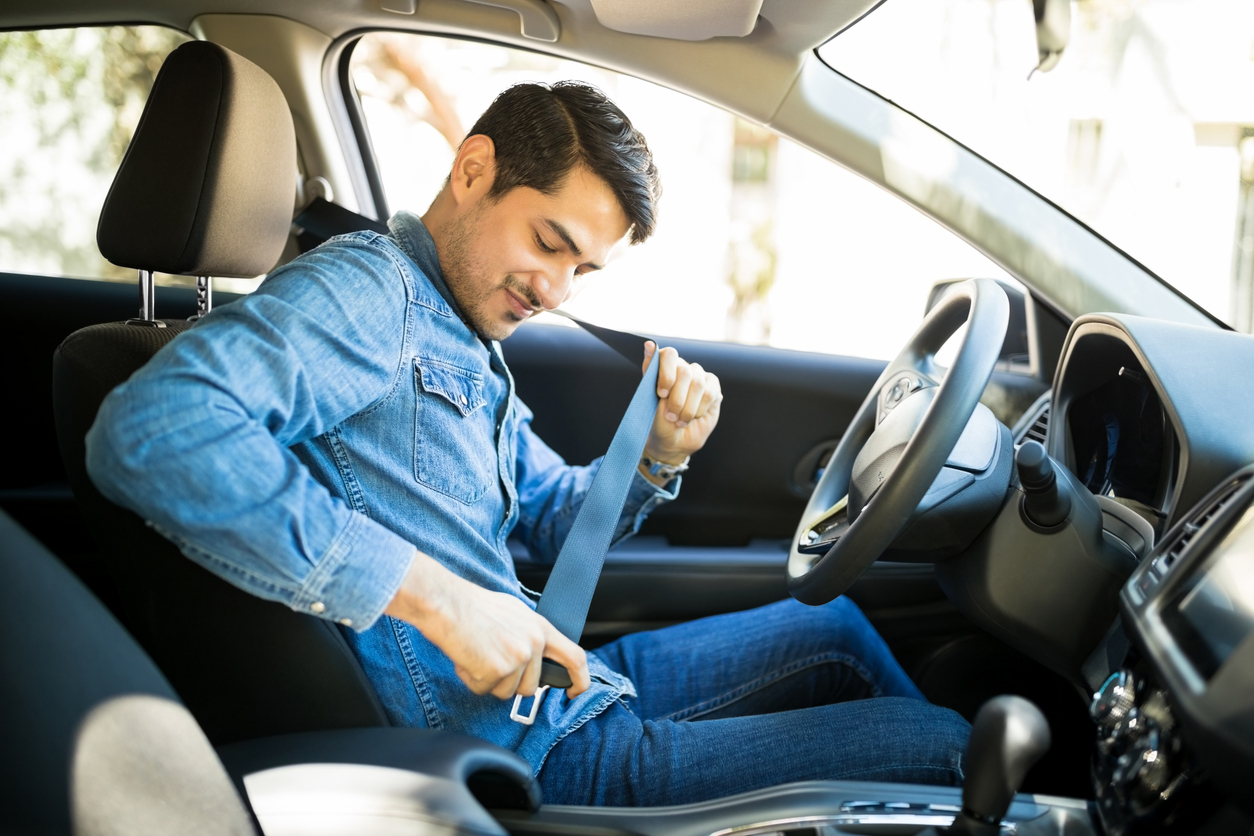Defensive Driving for Volunteers and Everyone Else

If there is one time of year when people hurry more than usual, it is now, with holidays approaching. So much to do, and so little time to do it. That squeeze can translate into traffic accidents, unless we keep defensive-driving principles in mind every time we put that vehicle into gear. What follows is one of the VIS “Preventer Papers” on vehicle safety. We have more than two dozen of these training documents for volunteer drivers in our “VIS Vault” of risk management resources available 24/7 to VIS members. We invite you to share this one with your volunteers, staff members, family, and anyone else.
“Defensive Driving” is a concept developed by professional drivers. It includes a system for driving and dealing with the problems that can come up while driving. Also, it refers to an attitude.
When you drive for us, you have a responsibility to us, to passengers, and all the other drivers and pedestrians on the road, to your family, and to yourself. You are to do all you reasonably can to avoid being involved in an accident or causing others on the road to be involved in an accident. Do everything you reasonably can, and don’t leave anything to chance. What you need to do to drive defensively can be described very simply:
- Constantly search the traffic scene all around you; be alert for hazards when they appear and aware of developing traffic situations as far ahead as possible. Remember, vehicle accidents occur not just on the road, but also in parking lots.
- When you recognize elements of a possible accident situation somewhere around you, think of the actions you could take to be sure your vehicle does not become involved. Decide on the right action immediately.
- Take that action as soon as possible – don’t wait to see what may happen. It may happen faster than you think. You may react more slowly than you intend.
You drive defensively:
- By knowing and observing applicable traffic rules, and being alert for the errors or illegal acts of others;
- By adjusting your driving to the mechanical condition of your vehicle, the condition of the road surface, weather conditions, light conditions, traffic conditions, and your own physical condition and state of mind;
- By being aware of what others are doing and being alert to the hazards their actions might create;
- By yielding the right of way – even when you may legally have the right of way. Be willing to yield to others whenever it will help avoid an accident. “Right of way” is a right you have only when someone gives it to you.
Remember “defensive driving” every time you’re in your vehicle, and all the time you’re in your vehicle. It’s the mark of a professional.
In addition to volunteer liability insurance, VIS also offers accident medical insurance to protect volunteers if they are injured, and automobile liability insurance, in case a volunteer causes a vehicle accident while on assignment. If you are interested in protecting your volunteers through the unique VIS insurance program, please click on the “Get volunteer insurance now” link on the home page, or call 800.222.8920. For more information on VIS’s risk management resources for members and our vendor partners, click on the “Member Benefits” tab.
